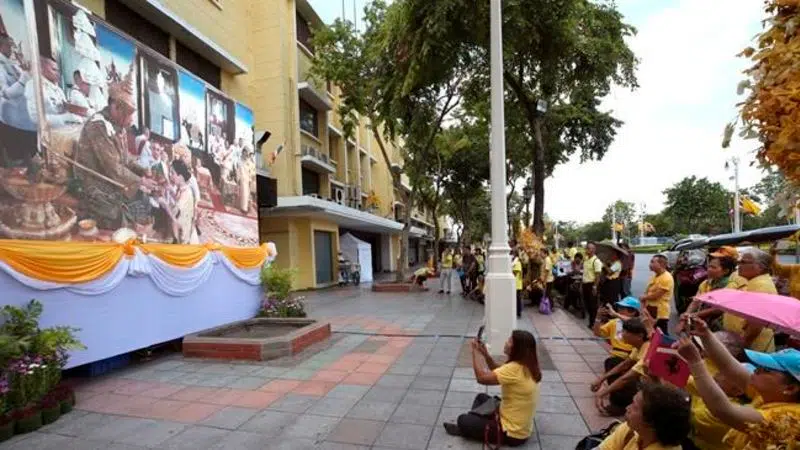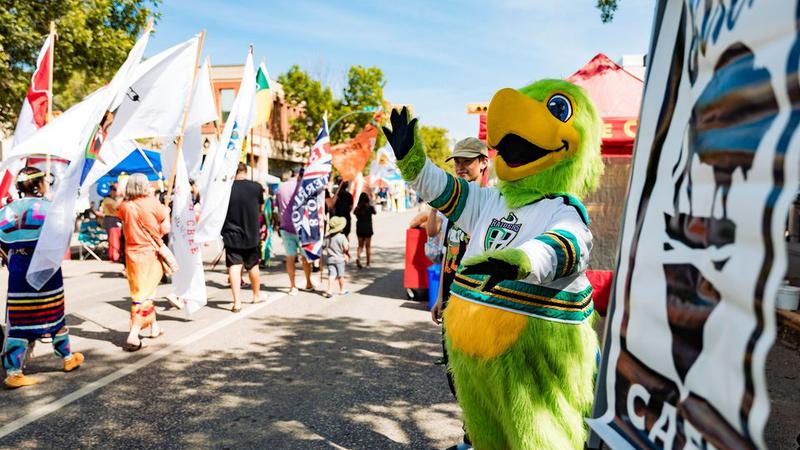
Thai king is officially crowned, boosting his regal power
BANGKOK — Thailand’s King Maha Vajiralongkorn was officially crowned Saturday in an elaborate centuries-old royal tradition that last happened seven decades ago.
The coronation represents a renewal of the monarchy’s power after the October 2016 death of Vajiralongkorn’s revered father, King Bhumibol Adulyadej. It also comes amid more than a decade of political strife, including a 2014 military coup and a contentious election less than two months ago.
The 66-year-old Vajiralongkorn has served as king for more than two years since he assumed the throne. On Saturday, he took the crown from the chief Brahmin, a Hindu priest who has played a guiding part in the mixed Buddhist-Hindu ceremony, during a televised ritual from the Grand Palace.


